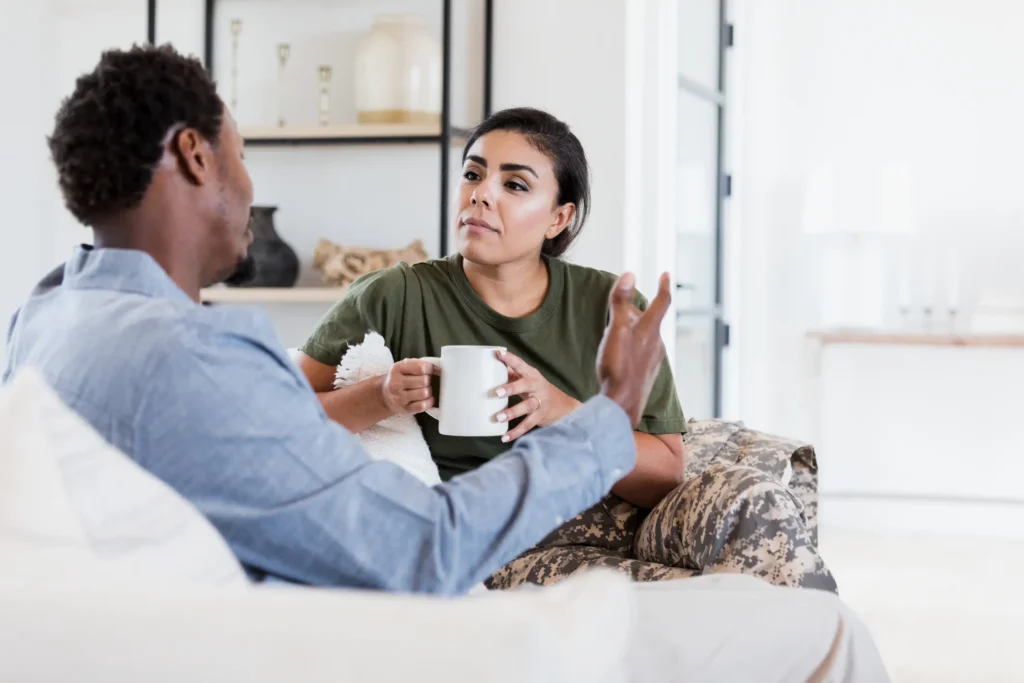Based on Dr. Dana McNeil’s webinar ‘How To Be a Successful Couples Therapist’ on August 3, 2023.
While it may be obvious that couples therapy is different than individual therapy, one can not underestimate the skills it takes to work with a couple. Not only are there two individual personalities to work with but also their dynamic together, and with that the role of the therapist must shift. The keys to success as a couples therapist are understanding the shift in role, the dynamics in the room, the potential challenges and of course what you bring to the table.
Difference between couples and individual therapy
Individual therapy requires developing a trusted nurturing connection with the client. The therapist supports the individual unconditionally providing validation to their perspective and experience. Working with couples usually requires a much more directive approach. While it is important that the therapist develop rapport with the couple, the connection is really between the partners not the client and therapist. The therapist is not developing a therapeutic relationship with each individual but helping the individuals develop a healthy connection with each other.
Dynamics in the room
The therapist will see things with couples that they have never experienced with individuals. Often times there are more intense emotions that may be challenging to deal with. The therapist must be able to tolerate big emotions in the room. The therapist might need to do their own work so that they don’t get triggered or have issues of countertransference.
It is imperative that the therapist be intentional in their work beginning with the assessment process. The Gottman Relationship Checkup is a couples assessment tool based on research-based algorithms. It scores a relationship’s strengths and challenges and provides specific recommendations for intervention. This kind of framework can be really helpful in providing direction during the therapeutic process.
Keys to success as a couples therapist
Couples therapist, Dr. Dana McNeil, PsyD, LMFT offers these tips to having a successful couples therapy session.
- Establish boundaries especially when couples escalate
- Hold space for big emotions and validate them
- Take control and do not let arguments go on
- Be fair to both partners
- Be direct and let them know what is acceptable and unacceptable behavior in session
Goals in couples therapy
The goal is whatever the couple decides it is. It may change over the course of your work with them. The goal may be to save the relationship, but it may not be. It is important that you do not measure your success by whether or not they stay together.
Challenges
You may find yourself gravitating towards one of the individuals, empathizing with their position in the relationship and overly identifying with them. While this can be normal, it is important to be fair with both individuals and not have countertransference. Not only is it irresponsible, it will not yield good results for the couple. Having a strong framework to guide your work with them will help in this process. Gottman Method Couples Therapy is an approach to couples therapy that includes a thorough assessment of the couple’s relationship, and integrates research-based interventions based on the Sound Relationship House Theory. Using a theory and structure to guide your work with the couple is a necessary part of successful practice.






